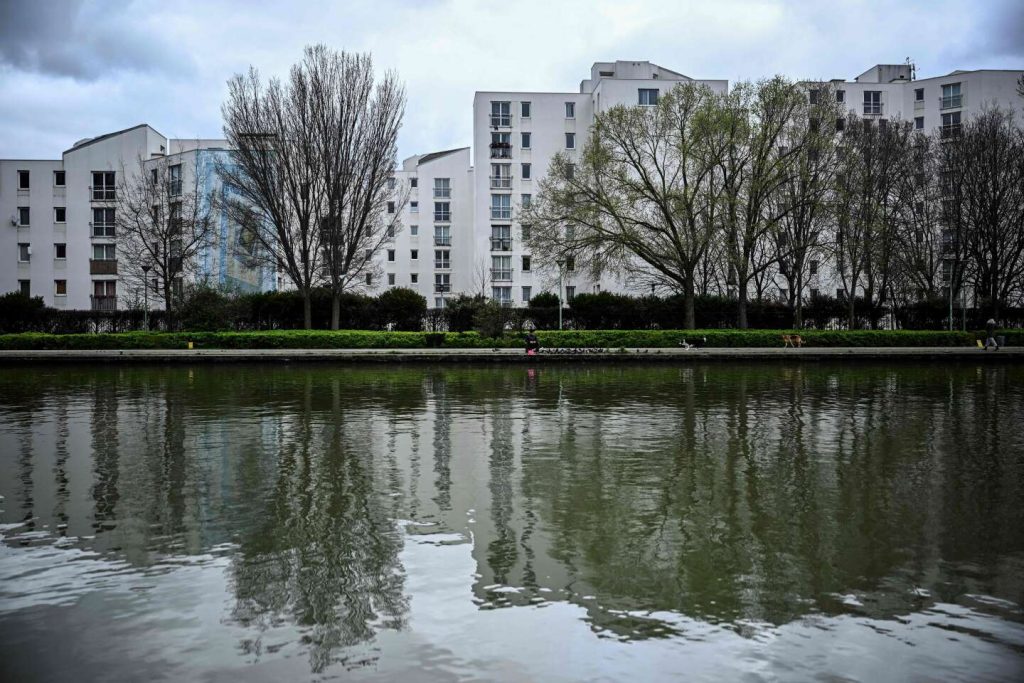A short text aims to bring housing back into the market in the midst of a housing crisis due to a sudden increase in interest rates in 2022. The proposed law “to develop affordable housing” has been sent to the Council of State and will be presented to the council of ministers in early May. However, there is skepticism among housing stakeholders and some elected officials. The reform proposed by the new minister delegated to housing, Guillaume Kasbarian, aims to deeply reform social housing, where 5.6 million households live, and criticizes those who would unduly benefit from it.
One of the key measures is to revisit the iconic solidarity and urban renewal law (SRU), which requires urban area municipalities to offer a minimum percentage of social housing (20% or 25%) to promote social diversity. The reform idea came from Gabriel Attal upon his arrival at Matignon. He instructed that the constraint be relaxed for municipalities that do not meet their target, allowing them to include intermediate rental housing, intended for the “upper” middle class in their mandatory social housing quota. However, according to Antoine Homé, mayor (Socialist Party) of Wittenheim (Haut-Rhin), “At no time did the Association of Mayors of France ask for intermediate housing to be taken into account in the social housing quota.”
Despite the backlash from the world of social housing and many elected officials, as well as reservations expressed by former housing ministers such as Benoist Apparu or Julien Denormandie, the government has provided some safeguards. Only “municipalities that have already reached a certain level of social housing” will be able to include intermediate housing in their “SRU quota”, as outlined in a document from the Ministry of Housing summarizing the proposed law. The goal set for cities to achieve 20% or 25% of social housing remains in effect, but the path to reach it becomes less burdensome.
The current rule requires municipalities behind in their production of social housing to be assigned production targets every three years to catch up. If they do not meet them, they can be declared “deficient” and face heavy fines. The proposed law will allow deficient municipalities to achieve up to a quarter of this “catch-up” by building intermediate rental housing. This reform creates an escape route for municipalities that are reluctant to produce social housing, as they will no longer be penalized as they are currently. This was analyzed by a member of the National Council for Housing, where the housing minister presented the text.


